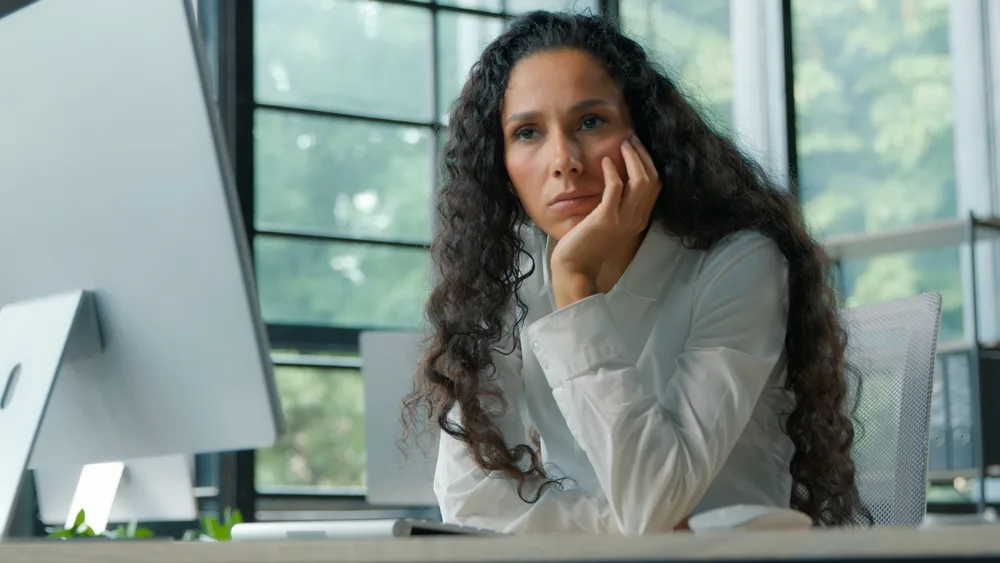
Have you been experiencing some difficulty with your hearing recently? Perhaps the problem only seems to be a minor issue that you do not have to address. However, it is critical to address hearing loss and protect your ears as soon as you can. This way, you may be able to prevent hearing loss from happening even further.
The truth is, it is not always possible to prevent all types of hearing loss. For example, the simple process of getting older can impact hearing loss in some people. However, the good news is that there are some effective things that you can do to prevent hearing loss in a lot of cases. Following these tips can help ensure that your hearing is protected at all times. Hopefully, you will be empowered to provide the right kind of protection for your hearing at all times with confidence.
1. Do not be around loud noises
As much as possible, you should refrain from being around loud noises. This ensures you maintain an optimal sense of hearing at all times, which is vital to your ear health.
If you need to increase the volume of your voice to a loud pitch when you are speaking with others, then the noise around you is likely at a loud enough level to cause some damage to your hearing. If people are near you and yet you cannot hear them speaking to you, the noise is definitely at a dangerous level.
Moreover, if your hearing seems muffled or if you sense ringing in your ears after you have been around loud noise, the noise was definitely too loud and was potentially dangerous to your ears. Be sure to recognize these situations and either stay away from them or use ear protection.
2. Put ear plugs in your ears
If you must be around loud noises, then it is crucial for you to insert ear plugs in your ears. Doing so can prevent any damage to your ears that could result in hearing loss. When you use the ear plugs, you will likely not experience ringing in your ears, and noise will probably not seem muffled in your ears after you have been around loud noise.
Decibels are a unit used for the sake of measuring the level of noise. A rating of more than 85 decibels indicates that noise can be harmful to your hearing. This is especially true when you experience loud noise for an extended period of time without the proper type of protection for your ears.
If you do not know the measure of decibels for a particular level of noise but your ears are enduring some pain or discomfort from the noise, then you need to realize that the noise is dangerous for your ears. Be sure to use ear plugs whenever you are around loud noises. Once you experience some hearing loss, you typically cannot restore your hearing to as good as it was before.
3. Set the volume on your headphones or earbuds to a low level
It is understandable if you love to listen to your music. But the fact is, it is highly dangerous to listen to music at a loud volume when you are using headphones or earbuds. Doing this can actually cause trauma to your hearing.
In order to prevent any kind of trauma happening to your hearing as a result of listening to loud music, it is a good idea to use headphones or earbuds that cancel noise in the background. These “noise-cancelling” headphones prevent you from cranking up the volume of your music in an effort to mask background noise. You should place the volume at a level that allows you to hear the music in a manner that is comfortable, but it should not be at a level any higher than that. Never engage in listening to any music above a level of sixty percent of the highest possible volume on your device.
If the device gives you the option of automatically setting the limit of the volume, then use those settings in order to protect your hearing. Never go beyond an hour of using headphones or earbuds when you are listening to music.
You should take a rest from using your headphones or earbuds for a period of at least five or ten minutes before listening to some more music for another hour. The simple act of lowering the volume of your music (even just a small amount) can make a really big impact on preserving your hearing health.
4. Do not use cotton swabs in your ear
Also known as “Q-Tips,” cotton swabs are often used to clean wax out of the ear canal. However, nobody should actually be using cotton swabs for this purpose. There are two main reasons for this:
- By putting something in your ear canal, you may damage your eardrum or another organ you need for hearing.
- Earwax plays an important role in your ear health. It prevents dust and other foreign particles from getting into your ear canal.
If you want to clean your ear of wax, use a damp towel instead, and be sure to use it gently. There are also ear wax removal solutions that you can put in your ear overnight to help the wax flow out.
5. Take time to get your hearing checked
It is certainly in your best interest to take the time to get your hearing checked. If you notice some hearing loss, then getting your hearing test done in a timely manner can prevent you from having any anxiety over wondering if you have lost any level of your hearing. If hearing loss is detected in the early stage, then your doctor or audiologist can use different methods to help prevent any more damage to your ear health.
It is a good idea to book yourself in for regular appointments to check your hearing. Perhaps you want to get your hearing checked every six months or at least on a yearly basis. This is particularly recommended if you work in environments that have continual high levels of noise. With proper regular testing, you will always be aware of the condition of your hearing health.
By Admin –



